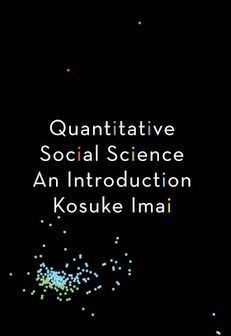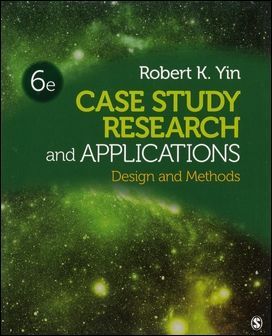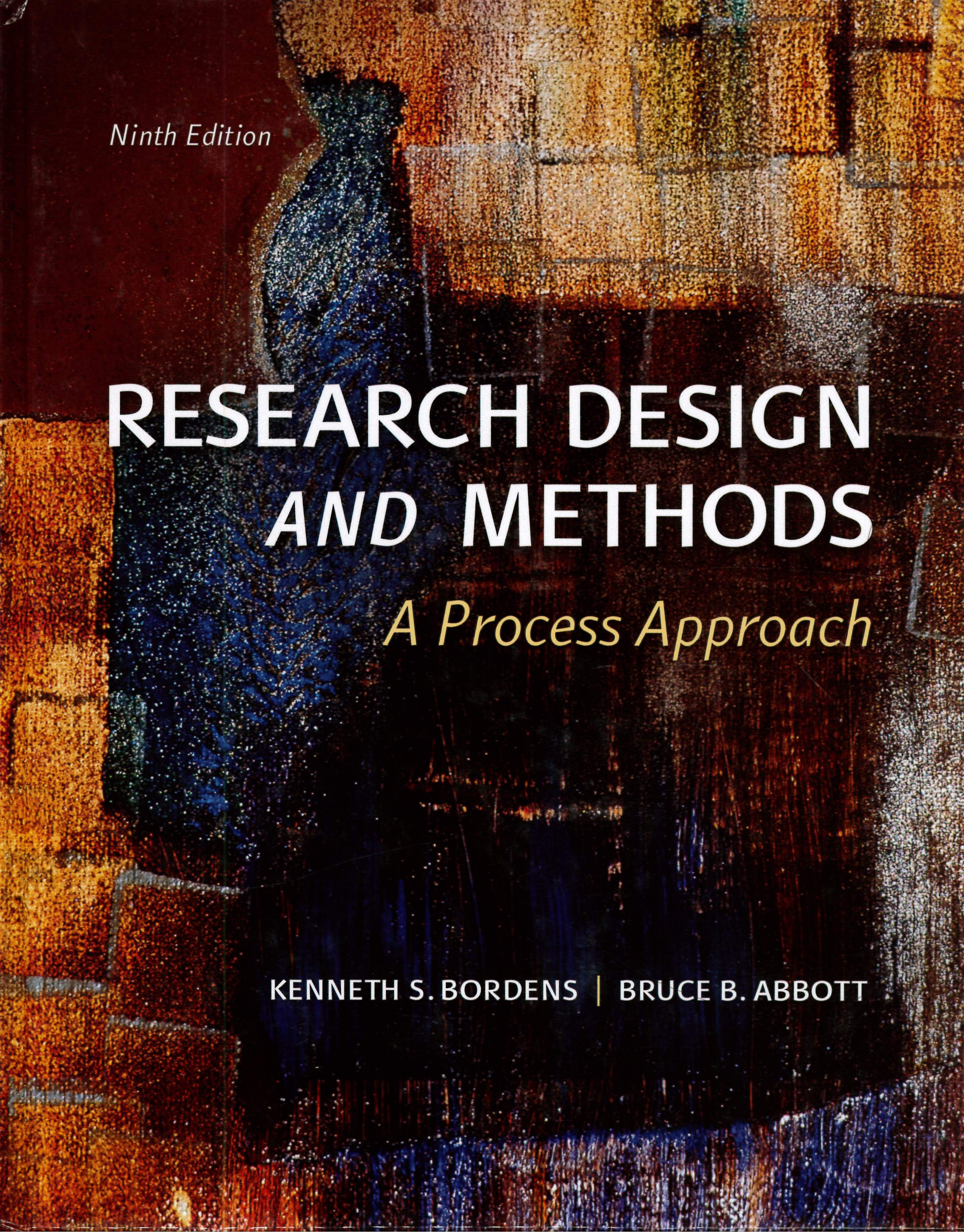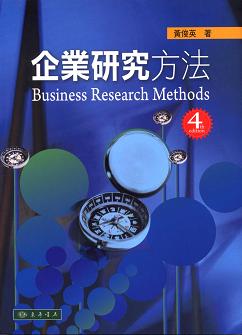書籍分類

Quantitative Social Science An Introduction
作者:Kosuke Imai
原價:NT$ 1,500
ISBN:9780691175461
版次:1
年份:2017
出版商:Princeton University Press
參考網頁:Quantitative Social Science An Introduction
版次:1
年份:2017
出版商:Princeton University Press
參考網頁:Quantitative Social Science An Introduction
內容介紹 目錄 作者介紹
- Description
- Written especially for students in the social sciences and allied fields, including economics, sociology, public policy, and data science
- Provides hands-on instruction using R programming, not paper-and-pencil statistics
- Includes more than forty data sets from actual research for students to test their skills on
- Covers data analysis concepts such as causality, measurement, and prediction, as well as probability and statistical tools
- Features a wealth of supplementary exercises, including additional data analysis exercises and interactive programming exercises
- Offers a solid foundation for further study
- Comes with additional course materials online, including notes, sample code, exercises and problem sets with solutions, and lecture slides
An introductory textbook on data analysis and statistics written especially for students in the social sciences and allied fields
Quantitative analysis is an increasingly essential skill for social science research, yet students in the social sciences and related areas typically receive little training in it—or if they do, they usually end up in statistics classes that offer few insights into their field. This textbook is a practical introduction to data analysis and statistics written especially for undergraduates and beginning graduate students in the social sciences and allied fields, such as economics, sociology, public policy, and data science.
Quantitative Social Science engages directly with empirical analysis, showing students how to analyze data using the R programming language and to interpret the results—it encourages hands-on learning, not paper-and-pencil statistics. More than forty data sets taken directly from leading quantitative social science research illustrate how data analysis can be used to answer important questions about society and human behavior.
Proven in the classroom, this one-of-a-kind textbook features numerous additional data analysis exercises and interactive R programming exercises, and also comes with supplementary teaching materials for instructors.






